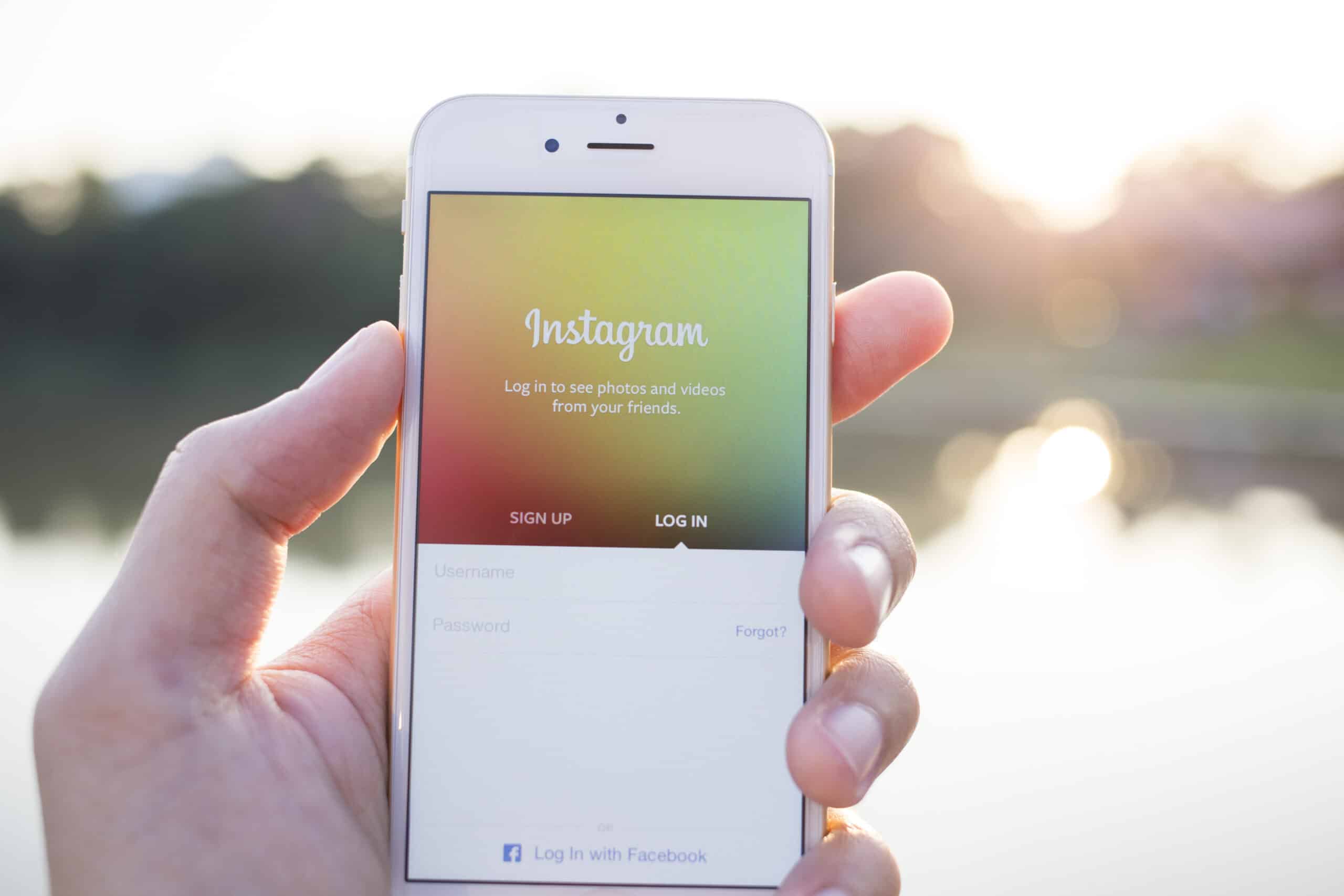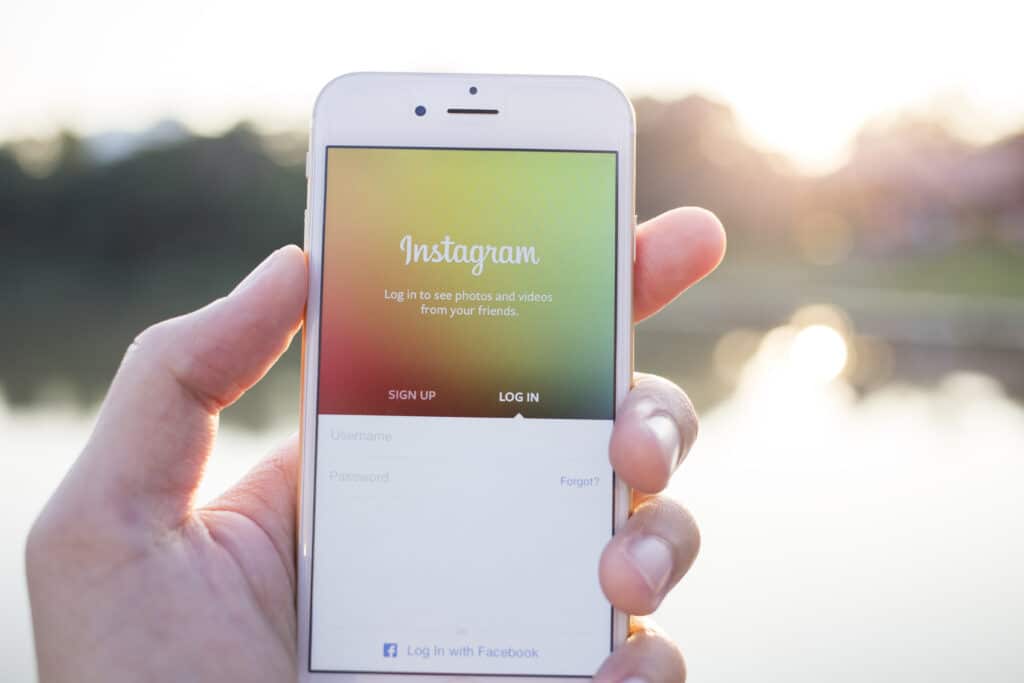Digital marketing has become an essential part of any business's marketing strategy. With the rise of social media and other digital platforms, companies have more opportunities than ever to reach their target audience online. However, in this crowded space, it can be challenging to stand out from the competition. That's where personalization comes in.
Personalized marketing is a strategic approach that involves tailoring your marketing messages to individual customers based on their preferences, behavior, and interests. By delivering relevant content and offers, you can increase customer engagement, build stronger relationships with your audience, and ultimately drive sales. In this blog post, we will explore why personalization is key in digital marketing and how to do it right.

Introduction to Personalization in Digital Marketing
Personalization has been around for years, but advances in technology have made it easier and more accessible for marketers. Today, there are many tools and techniques available that allow businesses to collect data about their customers and use it to create highly targeted campaigns. This includes everything from email automation software to CRM systems and analytics dashboards. The goal of personalization is simple – to make each customer feel like they are receiving a unique experience that meets their specific needs and desires.
The Importance of Personalization for Customer Engagement
One of the primary benefits of personalization is its ability to improve customer engagement. When you deliver relevant content and offers, you are more likely to capture your customers' attention and keep them engaged with your brand. According to research by Salesforce, 52% of consumers say that personalized experiences make them more loyal to brands. Additionally, personalized emails generate up to six times higher revenue per email than non-personalized emails.
How to Collect Data and Use it for Personalized Marketing Campaigns
To effectively implement personalized marketing, you need to first collect data about your customers. This could include information such as their name, age, location, purchase history, browsing behavior, and social media activity. Once you have collected this data, you can then use it to create highly targeted campaigns across various channels including email, social media, and display advertising. For example, if you know that a particular customer tends to buy products during certain holidays or events, you can send them special promotions related to those occasions.
Examples of Successful Personalized Marketing Strategies
There are numerous examples of successful personalized marketing strategies across different industries. One notable example is Amazon, which uses advanced algorithms to recommend products based on a user's past purchases and search history. Another example is Coca-Cola, which launched a campaign called “Share a Coke” that featured personalized bottles with people's names printed on them. These types of tactics not only help to build brand awareness but also foster a sense of connection between the consumer and the product.

Conclusion: Taking Your Personalized Marketing Efforts to the Next Level
In conclusion, personalization is critical in today's competitive digital landscape. By using data and insights to create highly targeted campaigns, businesses can improve customer engagement, build stronger relationships with their audience, and ultimately drive sales. As technology continues to evolve, new opportunities will arise for marketers to take their personalized marketing efforts to the next level.
